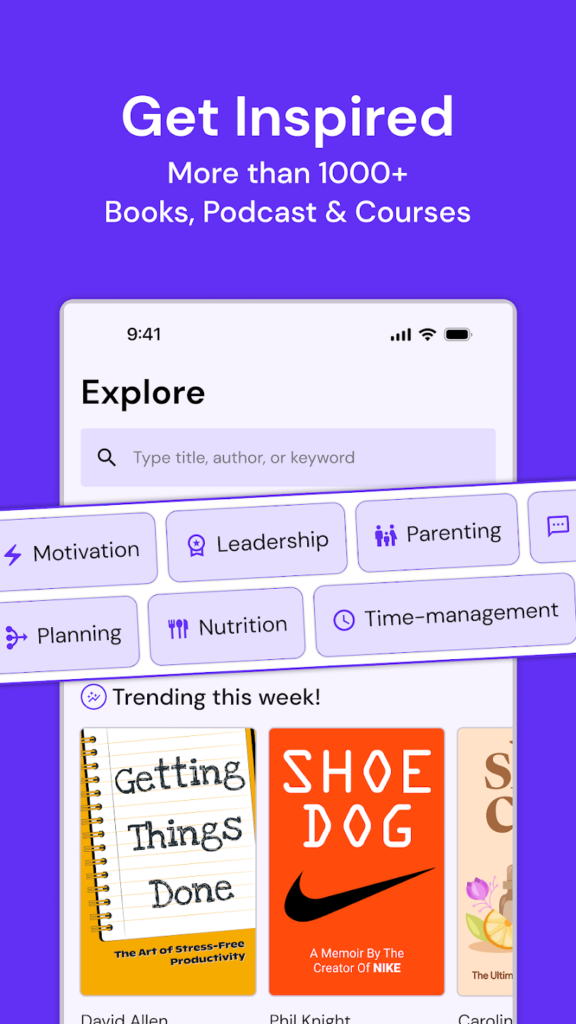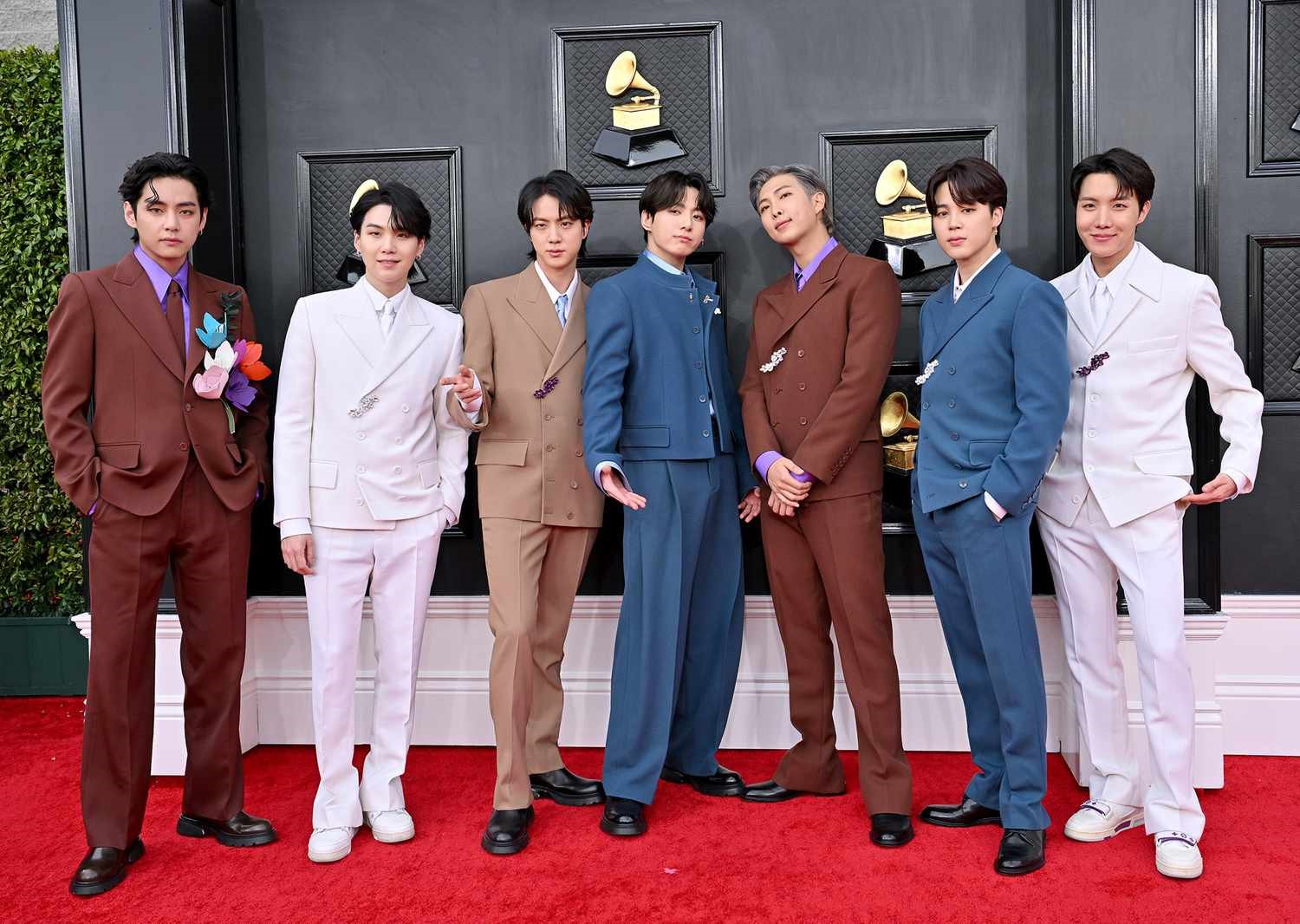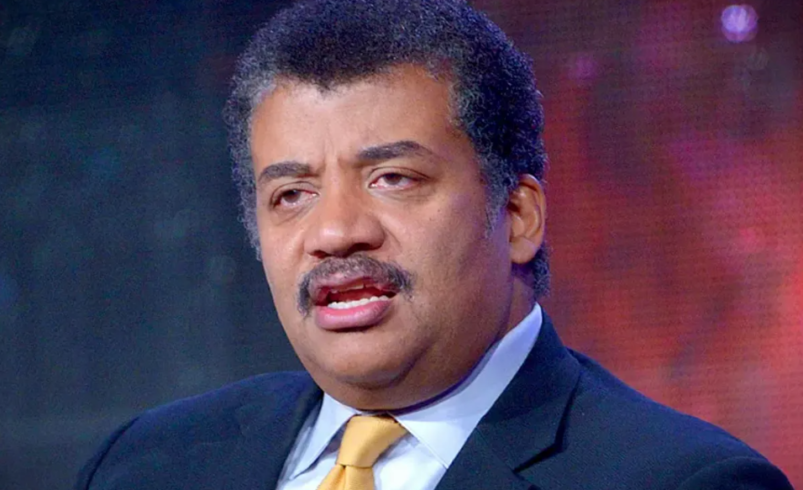
Neil deGrasse Tyson, a renowned American astrophysicist, author, and science communicator, has captivated audiences worldwide with his infectious enthusiasm for the universe. As the director of the Hayden Planetarium and a prominent figure in the scientific community, Tyson’s prowess and passion have propelled him to the forefront of scientific discourse.
Tyson’s insatiable curiosity, analytical mind, and unwavering commitment to understanding the human condition are revealed in Tyson’s varied literary recommendations. From classic works of fiction to ground-breaking scientific treatises, Tyson’s selections showcase his ability to absorb knowledge from various disciplines, offering readers a distinct perspective on the interplay between science, philosophy, and the human experience.
Here’s a look at some of Tyson’s handpicked recommendations:
Contents [show]
- 1 Unstoppable by Bill Nye
- 2 The Prince by Niccolo Machiavelli
- 3 The Great Gatsby by F. Scott Fitzgerald
- 4 The Great Gatsby
- 5 An Appetite for Wonder by Richard Dawkins
- 6 The Wealth of Nations by Adam Smith
- 7 The Art of War by Sun Tzu
- 8 The Art of War
- 9 The Principia by Isaac Newton
- 10 How to Lie with Statistics by Darrell Huff
- 11 Gulliver’s Travels by Jonathan Swift:
- 12 The Origin of Species by Charles Darwin:
- 13 Age of Reason by Thomas Paine
Unstoppable by Bill Nye
Bill Nye, the renowned “Science Guy,” has collaborated with Tyson to produce “Unstoppable,” a fascinating expedition of the relentless progression of scientific discovery. Tyson admires Neil’s ability to present complex scientific concepts in an engaging and accessible manner, making it an ideal read for those seeking to expand their understanding of the unstoppable nature of scientific progressions.
The Prince by Niccolo Machiavelli
Tyson’s recommendation of Machiavelli’s seminal work, “The Prince,” reflects his keen interest in the interactions between power, strategy, and the pursuit of knowledge. As an astrophysicist who navigates the political aspects of scientific funding and institutional dynamics, Tyson recognizes the value of Machiavellian principles in achieving one’s goals, even in the realm of the cosmos.
The Great Gatsby by F. Scott Fitzgerald
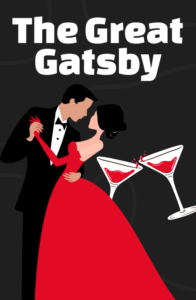
The novel’s exploration of themes such as wealth, love, and the human pursuit of the American Dream as a metaphor for the individual’s journey within the grand cosmic narrative intrigues Neil. Tyson’s inclusion of Fitzgerald’s “The Great Gatsby” in his literary recommendations underscores his fascination with the human experience and its relationship to the vast expanse of the universe.
An Appetite for Wonder by Richard Dawkins
Nurturing the thirst for knowledge, Tyson’s selection of Richard Dawkins’ “An Appetite for Wonder” highlights his admiration for the eminent evolutionary biologist’s steadfast commitment to scientific inquiry and his caliber to inspire others to share in the wonders of the natural world. Tyson perceives Dawkins’ work as an attestation to the transformative power of curiosity and the relentless pursuit of understanding the universe.
The Wealth of Nations by Adam Smith
As an astrophysicist juggling with the intricacies of research funding and institutional dynamics, Tyson acknowledges the value of understanding the economic factors that shape the scientific landscape. Adam Smith’s “The Wealth of Nations” suggests an interesting interplay between economic systems and the advancement of scientific knowledge.

The Art of War by Sun Tzu
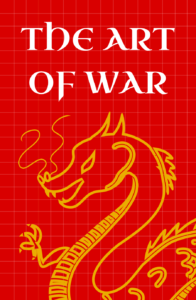
As a prestigious figure in the scientific community, Tyson’s recommendation of Sun Tzu’s “The Art of War” mirrors his recognition of the importance of strategic thinking and problem-solving in the pursuit of scientific knowledge. Tyson draws parallels between the principles of warfare outlined in the text and the competitive nature of scientific research, where success is often determined by the ability to anticipate and outmaneuver one’s peers.
The Principia by Isaac Newton
Newton’s “The Principia” records foundational works that have shaped our understanding of the physical world. Tyson sees Newton’s seminal treatise as a witness to the power of human ingenuity, the relentless pursuit of scientific truth, and the premises of scientific discovery.
How to Lie with Statistics by Darrell Huff
Darrell highlights the importance of equipping individuals with the skills to navigate the abundance of data and information available in the modern era, ensuring that they can distinguish between factual and misleading representations. The interplay of scientific literacy and critical thinking is highly interesting to Tyson.
Gulliver’s Travels by Jonathan Swift:
Exploring the cosmic perspective through satire, “Gulliver’s Travels” by Jonathan Swift calls attention to the power of satire and allegory in conveying profound insights about the human condition. Tyson sees the novel’s exploration of scale and perspective as a metaphoric scorn on the cosmic viewpoint, inviting readers to consider their place within the vastness of the universe.
The Origin of Species by Charles Darwin:
Darwin’s “The Origin of Species” serves as a cornerstone of evolutionary biology. Reveling in the wonders of evolutionary theory, Tyson zeroes in on the profound implications of Darwin’s ground-breaking work and its ability to shed light on the mechanisms that drive the natural world, including the origins of life in the cosmos.
Age of Reason by Thomas Paine
Tyson’s choice of Paine’s “Age of Reason” in his literary suggestions indicates his strong conviction in the power of logic and critical thought. Tyson, a key figure in the scientific world, sees Paine’s work as a rallying cry for the supremacy of empirical evidence and the rejection of dogma, a philosophy that informs his own approach to scientific investigation.




